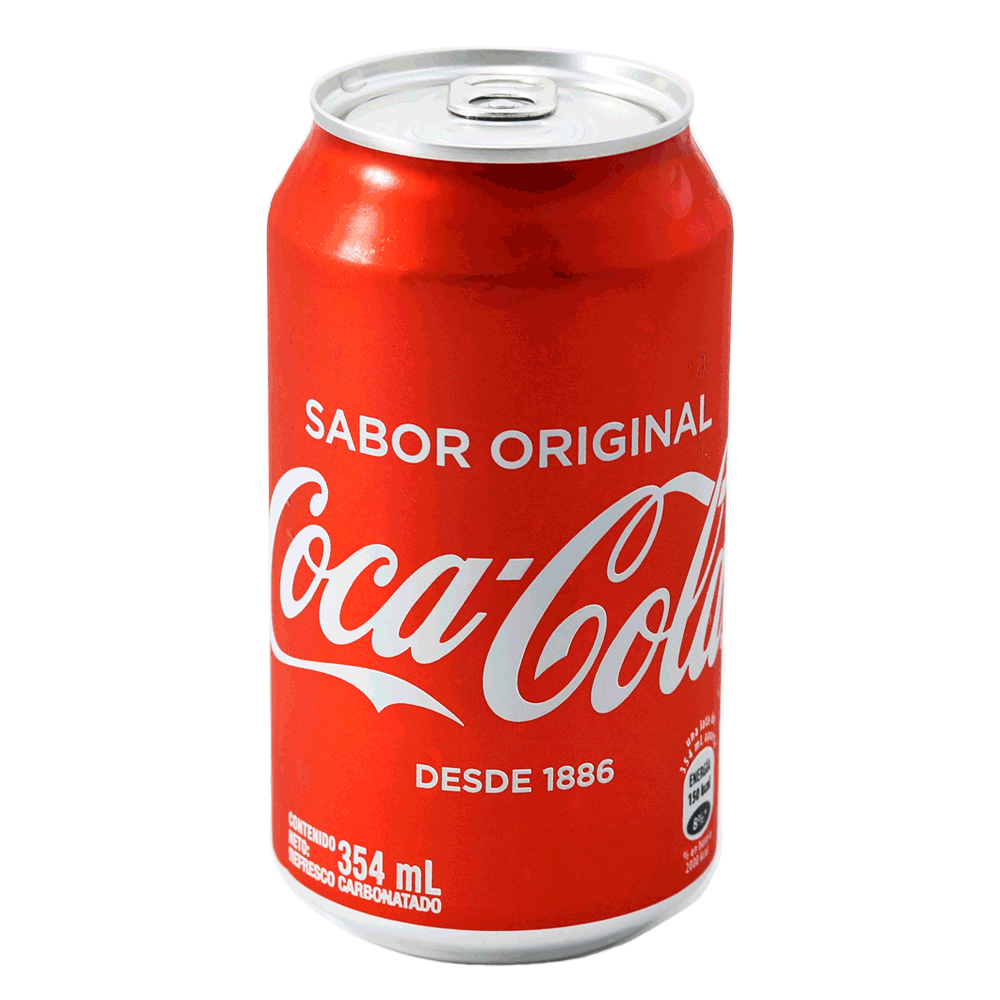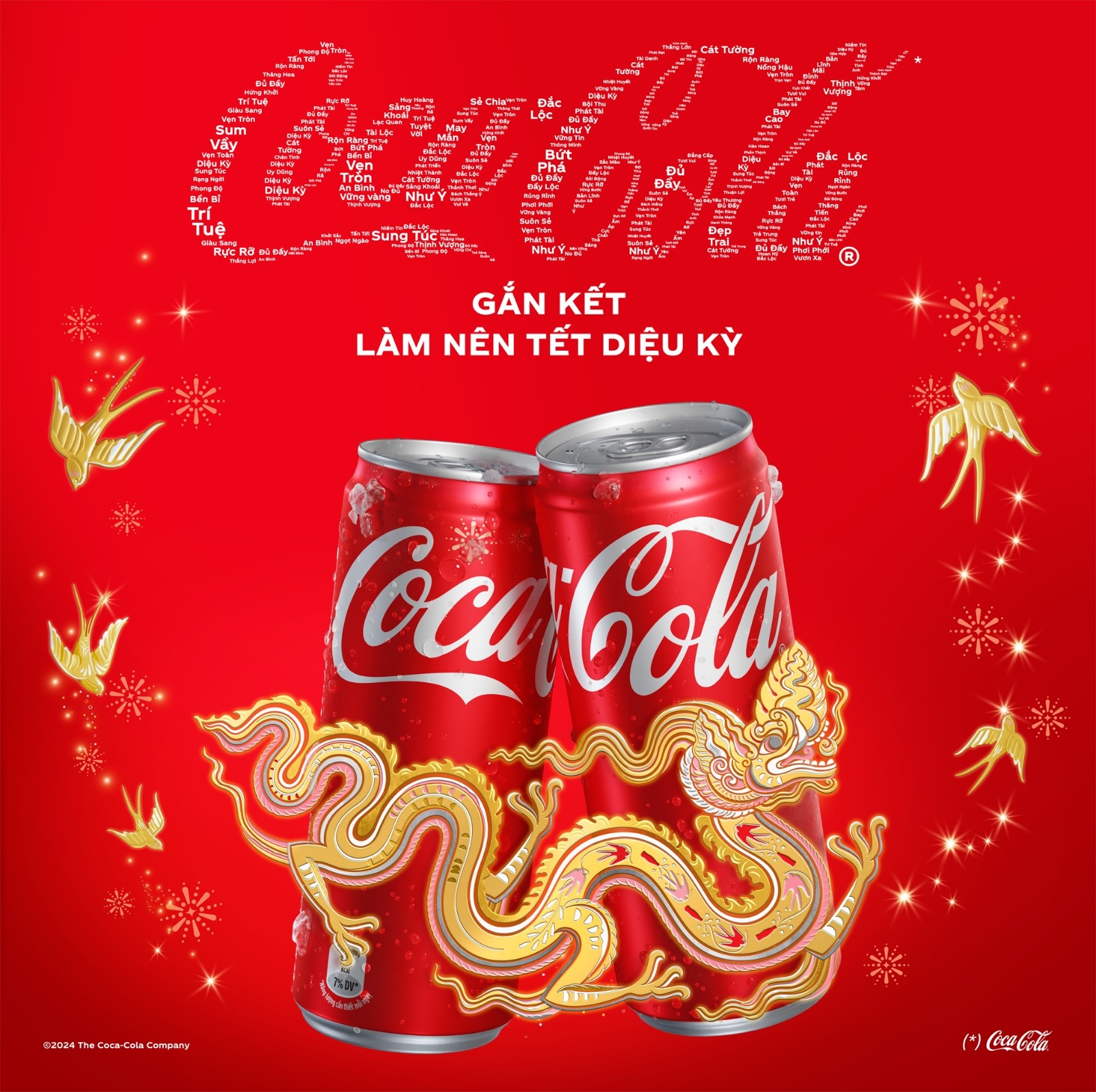Coca Cola Immigration Claims - Sorting Out The Real Story
Have you heard whispers lately about a big soda company and some serious claims about its own team members? It's a bit of a sticky situation, really, with stories flying around social media about how a certain beverage giant might have treated its immigrant staff. These tales, you see, started popping up everywhere, like on platforms people use to share quick thoughts and longer conversations. It's the kind of thing that makes you stop and think, too it's almost, if what you're reading is actually what happened.
The core of these claims suggested that people working for immigration and customs agencies had, in a way, gone after the company's own immigrant workers. This idea, which is that the company itself had somehow worked with these authorities, spread like wildfire across the internet. You could find these stories on places like X, Threads, and Reddit, with many people wondering if they were true. It really makes you wonder, doesn't it, about how quickly things can spread online, especially when they involve something as important as someone's job and their home.
What's interesting, or rather, what's a bit confusing, is that these claims also suggested the company had either worked with immigration authorities or had said sorry for doing so. This was all part of a widely shared story that just kept getting passed around on social media. So, the big question, for many people, was whether any of this was truly accurate. It's a situation that really shows, in some respects, how easily a story can take on a life of its own, even if the facts aren't quite there to back it up.
- Virginia Giuffre
- Flying Fox Bat
- Happy Sunday Images
- Yankees Vs San Francisco Giants Match Player Stats
- Sharper Image
Table of Contents
- What's the Fuss About Coca Cola Immigration?
- Sorting Out the Mix-Up Behind Coca Cola Immigration Rumors
- Where Did the Coca Cola Immigration Story Come From?
- Why Did People Start a Boycott Over Coca Cola Immigration?
- Addressing the Company's Response to Coca Cola Immigration Claims
- How Do Major Business Groups Feel About Coca Cola Immigration?
- Looking at the Bigger Picture of Coca Cola Immigration Boycotts
- Could Immigration Authorities Just Show Up at Coca Cola?
What's the Fuss About Coca Cola Immigration?
You might have seen some talk going around online, a bit of a stir, actually, concerning a very well-known soft drink company and its supposed connection to immigration matters. The claims were pretty strong, suggesting that immigration and customs agents had somehow become involved with the company's own immigrant employees. It was a story that really got people talking, spreading from one corner of the internet to another, more or less. This kind of chatter, where accusations fly about a big name company, often makes people pause and wonder what's really going on behind the scenes.
The narrative that gained so much traction on social media hinted that the company had either worked with these immigration agents or, if they had, they later said they were sorry for it. This was a significant part of the widely shared account. It implied a level of coordination or involvement that would, very naturally, cause a lot of concern among the public. So, the question on many people's minds was, is that truly what happened? When such serious claims emerge, especially about a company many people feel connected to, there's a real need to look for the facts.
When you hear something like this, it's pretty common to want to know the real story. These claims about "coca cola immigration" didn't just stay in a small corner; they really took off, appearing on popular platforms like X, Threads, and Reddit. It shows, basically, how quickly information, or sometimes misinformation, can travel through our connected world. People were sharing, commenting, and discussing, trying to figure out what was true and what was just a rumor. It's a reminder, too, of how much we rely on online spaces for our news, even when it's not always verified.
Sorting Out the Mix-Up Behind Coca Cola Immigration Rumors
It turns out that the stories swirling around about "coca cola immigration" might actually be based on a bit of a misunderstanding. Sometimes, old news can get twisted or mixed up with current events, and that seems to be what happened here. The rumors that spread so widely, suggesting the company was involved with immigration authorities in a negative way, could actually stem from a combination of older reports about a factory closing down and a separate effort to get people to stop buying the brand's products. It's really quite interesting how these different pieces can, in a way, come together to create a whole new narrative that isn't quite accurate.
Imagine, if you will, a situation where a piece of news from a while back, perhaps about a bottling plant closing its doors, gets remembered and then linked to something happening now, like a call for people to boycott a product. This kind of mix-up can lead to a lot of confusion. The idea that the company might have even reported its own workers for detention and deportation, as some claims suggested, is a very serious accusation. And yet, when you look closer, the basis for these widespread rumors appears to be a bit shaky, pretty much just a jumble of different events.
It's often the case that when we hear something that sounds alarming, we tend to believe it without checking all the details. The "coca cola immigration" situation seems to be one of those times where the rumors gained a lot of steam, perhaps because they touched on sensitive topics. However, despite the widespread nature of these stories, there hasn't been any actual proof to back them up. This lack of concrete information is a pretty important point, especially when you're trying to figure out the truth behind something that has caused so much discussion and concern.
Where Did the Coca Cola Immigration Story Come From?
So, where did all this talk about "coca cola immigration" really begin? It's a fair question, since these kinds of stories don't just appear out of nowhere. As it happens, the core of these widespread claims, the ones that suggested the company was working with immigration authorities, seems to have been based on a misunderstanding of older events. It's like taking a few separate puzzle pieces and trying to force them together to make a picture that doesn't quite fit, you know? There was, apparently, some older news about a bottling plant closing, and then there was a separate push for people to stop buying the company's products. These two distinct things, it seems, somehow got woven together into a single, misleading story.
It's not uncommon for information to get muddled, especially when it's passed around quickly on social media. The idea that the company had gone so far as to report its own team members for detention and deportation, as some of the claims suggested, is a very serious accusation, obviously. But when you look for the actual proof, for something solid to show that this happened, it just isn't there. This lack of any real backing is a pretty significant detail. It means that while the story spread far and wide, its foundations were, in a way, built on sand rather than solid ground.
The way these rumors spread on platforms like X, Threads, and Reddit really highlights how easily a narrative can take hold, even if it's not fully accurate. People were sharing these claims, and they gained a lot of traction, leading to widespread concern about "coca cola immigration." However, the company itself has come out to say that these accusations are simply not true. They've stated quite clearly that they did not coordinate with U.S. immigration authorities in a way that led to the deportation of undocumented workers in Texas, as was claimed. It's a situation where the truth, it seems, is a lot less dramatic than the rumors.
Why Did People Start a Boycott Over Coca Cola Immigration?
It's pretty clear that these claims, especially the ones about "coca cola immigration," sparked a strong reaction from some groups. A viral boycott campaign, for instance, really took off, especially among Latino activists on platforms like TikTok. These activists were urging people, consumers specifically, to stop buying products from the brand. This kind of movement happens when people feel strongly about an issue and want to make their voices heard by affecting a company's business. It's a powerful way, in some respects, for communities to express their concerns and try to bring about change.
The campaign wasn't just a random act; it was part of a larger effort by a group known as the "Freeze Latino Movement." This group's goal was to encourage people to boycott American companies. What's more, they were doing this while also, in a way, making light of or drawing attention to the ongoing deportations that were happening under a previous administration. So, the "coca cola immigration" claims became a focal point for a movement that had broader aims. It shows how specific accusations can get tied into much wider social and political discussions, actually.
The idea behind such a boycott is to put pressure on a company, to make them feel the impact of public disapproval. When claims like those about "coca cola immigration" surface, they can quickly become a rallying cry for activists who are already working on related issues. The use of platforms like TikTok was key here, allowing the message to spread very quickly and reach a lot of people. It's a demonstration of how social media can be used as a tool for organizing and mobilizing public opinion, basically, creating a wave of action based on shared concerns.
Addressing the Company's Response to Coca Cola Immigration Claims
When serious claims like those about "coca cola immigration" start to circulate, especially online, companies usually feel a need to speak up. And that's exactly what happened here. The company involved has made it very clear that the accusations suggesting they coordinated with U.S. immigration authorities, leading to the removal of undocumented workers in Texas, are simply not true. They've stated this unequivocally, meaning there's no room for doubt in their denial. It's a direct response to the rumors that had been causing so much discussion and concern among the public, you know?
It's important for a company to address these kinds of stories head-on, especially when they involve something as sensitive as people's livelihoods and immigration status. The company's statement directly tackled the online claims, trying to set the record straight. They wanted to make sure people understood that these accusations were, in their view, entirely false. This kind of public declaration is a pretty standard way for large organizations to handle widespread misinformation, trying to control the narrative and restore trust, more or less.
The fact that they specifically mentioned "deportation of undocumented workers in Texas" shows they were directly responding to the details of the viral claims. This suggests they were aware of the specific stories circulating and wanted to counter them with a clear denial. The company's position is that these accusations about "coca cola immigration" are without any basis in fact. It's their way of saying, quite plainly, that what people were hearing on social media was not the truth. They are, in a way, trying to put an end to the speculation and clear their name.
How Do Major Business Groups Feel About Coca Cola Immigration?
When big issues come up, especially ones that touch on business practices and social concerns like "coca cola immigration," you might expect to hear from major business groups. These are the organizations that represent many companies and often speak on behalf of the business community. However, in this particular situation, it's worth noting that these prominent business groups haven't really gotten involved or taken a public stance on the matter. This is a pretty significant detail, actually, because if there were widespread concerns within the business world, you'd typically see them weighing in.
For example, a very well-known organization like the U.S. Chamber of Commerce, which speaks for a huge number of businesses across the country, hasn't made any statements or taken any action regarding these specific claims. This lack of engagement from such a powerful group is, in a way, telling. It suggests that perhaps the issue hasn't reached a level of widespread concern within the broader business community, or that they don't see the claims about "coca cola immigration" as something that requires their official response. It's an interesting silence, if you think about it, given the nature of the accusations.
Typically, these large business associations might step in if they felt a particular issue was setting a precedent, or if it was affecting the general business environment in a negative way. The fact that they've remained quiet on the "coca cola immigration" claims could mean a few things. It might indicate that they view the accusations as unfounded, or perhaps that they see it as an isolated incident that doesn't require a collective industry response. Their non-involvement is, in some respects, a piece of the puzzle when trying to understand the full scope of this situation.
Looking at the Bigger Picture of Coca Cola Immigration Boycotts
The claims about "coca cola immigration" and the resulting boycott campaign aren't just isolated incidents; they're actually part of a larger effort by a specific group. This group, called the "Freeze Latino Movement," has a broader aim: to encourage people to stop buying products from American companies. What makes their approach a bit unique is that they're doing this while also, in a way, using humor or satire to draw attention to the ongoing deportations that were put in place by a previous presidential administration and immigration agencies. It's a multi-layered approach to activism, basically, combining serious calls to action with a bit of a provocative edge.
This movement is trying to achieve several things at once. On one hand, they want to put economic pressure on companies they believe are not acting in line with their values, or whose actions they want to protest. On the other hand, by "poking fun" at the deportations, they're using a form of social commentary to highlight what they see as a serious issue. The "coca cola immigration" claims, whether true or not, became a convenient hook for their existing agenda. It shows how specific events can be folded into a larger, ongoing social campaign, kind of like adding a new chapter to an existing story.
Understanding this broader context is pretty important for making sense of why these claims gained so much traction and why the boycott was launched. It wasn't just about one company; it was about using that company as an example within a wider political and social discussion about immigration. The Freeze Latino Movement's strategy of combining boycotts with satirical commentary is a pretty direct way to get attention and mobilize support for their cause. It’s a very public way, too, of expressing dissent and trying to influence public opinion on a significant social issue.
Could Immigration Authorities Just Show Up at Coca Cola?
One of the more alarming parts of the "coca cola immigration" claims suggested that if the company, for some reason, let go of some employees, then immigration authorities would just appear and start taking people away. This idea, however, doesn't really align with how these agencies typically operate. It's not as simple as an employer making a decision and then, instantly, federal agents showing up at the door to carry out arrests or deportations. There are processes and procedures that immigration and customs enforcement usually follow, which are a bit more involved than just an immediate response to a company's staffing choices, you know?
Even if a company were to lay off workers, for whatever business reasons, that action alone wouldn't automatically trigger an immediate raid or sweep by immigration authorities. The idea that ICE would just appear and start taking people is a bit of a dramatic simplification of how such situations would, in fact, unfold. There are specific legal guidelines and operational protocols that these agencies are supposed to adhere to. So, the suggestion that the company's actions would directly and instantly lead to such a dramatic intervention is, in a way, not quite accurate to the typical process.
It's important to separate the claims from the actual procedures. The narrative around "coca cola immigration" painted a picture of a very direct and almost immediate link between a company's employment decisions and the actions of federal immigration agents. However, the reality of how immigration enforcement works is usually much more structured and less spontaneous. This distinction is pretty important for understanding why some of the more extreme claims circulating on social media might not hold up to scrutiny. It’s about recognizing that there’s a difference between a rumor and the actual way things are done.

Soda Lata Coca Cola 355 Ml Regular

Coke In A Can

Coca-Cola embraces cultural unity with Lunar New Year campaign